Pogacar's power data in the European Championships confirm that he is at another level
Despite Pogacar, like other great cycling aces, not publishing his power data to avoid giving clues to his rivals, current tools do not allow estimating these figures with great precision based on climbing rhythms and knowledge of a climb profile. A thorough analysis of what happened at the European Cycling Championship gives an idea of the absolute superiority of Tadej Pogacar but also allows glimpsing a way to defeat him.
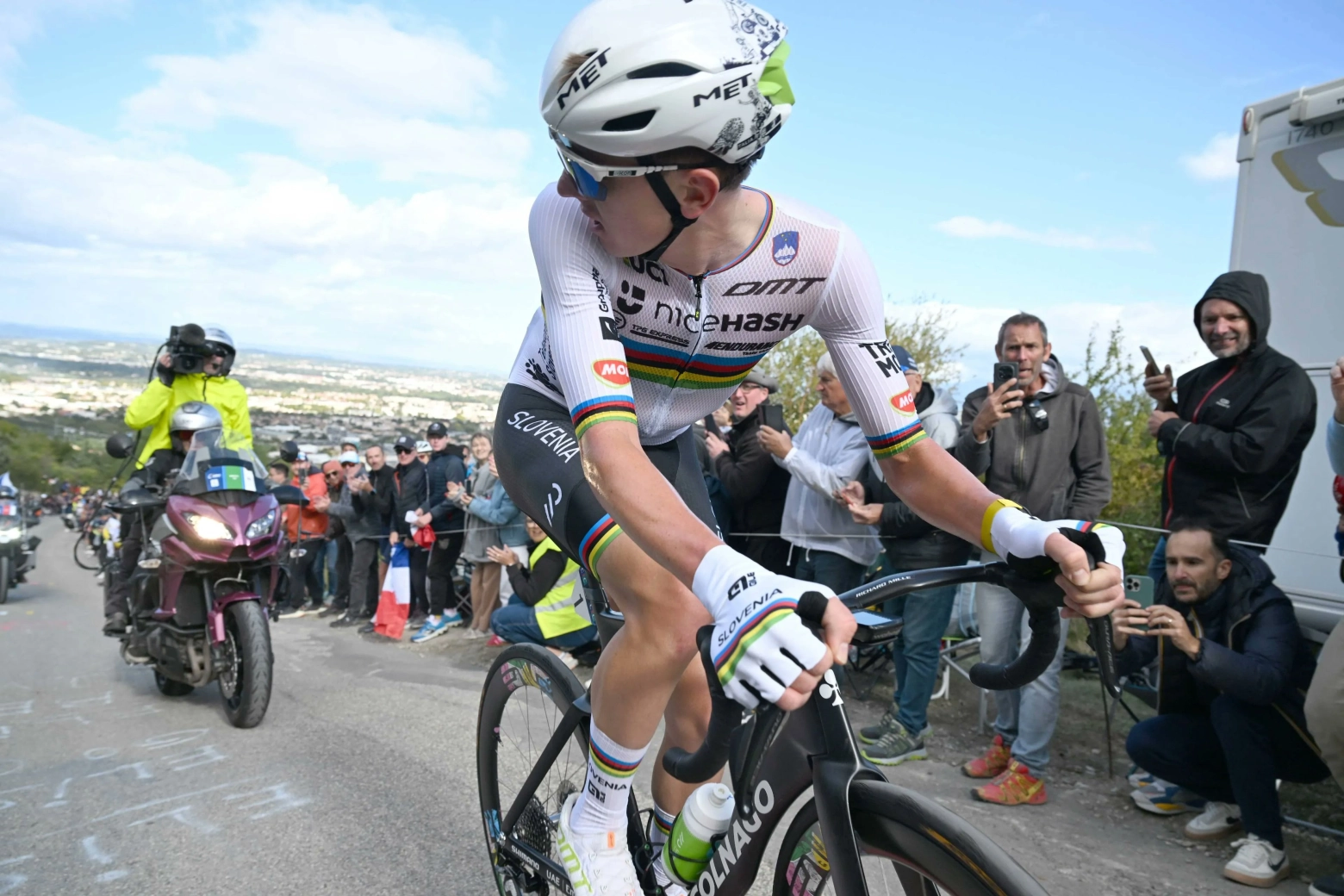
The secret to beating Tadej Pogacar could be in the Amstel Gold Race 2025
Tadej Pogacar's performance to win the European Cycling Championship was incredible once again. An exhibition that is even more impressive when put into context with performance data, suggesting that the Slovenian cyclist would have a Functional Threshold Power (FTP) of around 7 W/kg, an absolute brutality that allows him to keep his strength intact while others are already accumulating fatigue.
During the European Championship, Belgium's tactic was precisely to make the race as tough as possible to isolate the Slovenian and force him to wear himself out. An offensive that began with the first moves more than 100 km from the finish, which ended with Jonas Vingegaard and continued during the descent of the Col de Sain Romain de Lerps in a breakaway that included Evenepoel, Jan Christen, Matej Mohoric, and Pavel Sivakov.
RECOMENDADO
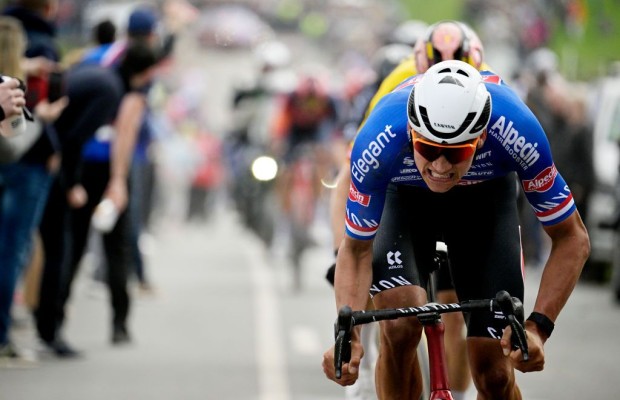
What happens if you exceed your maximum heart rate? Risks of pushing yourself to the limit
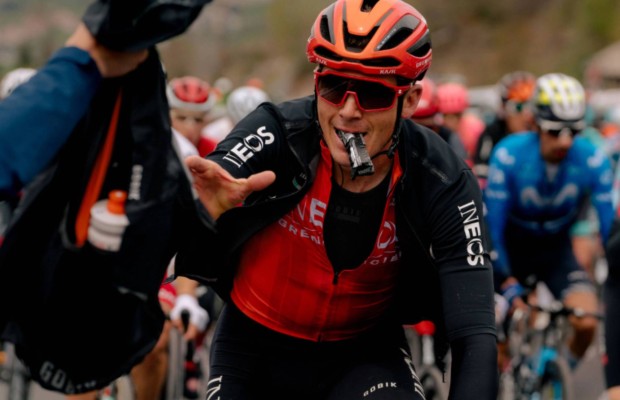
What are nitrates and why will they give you an extra boost in your performance on the bike?
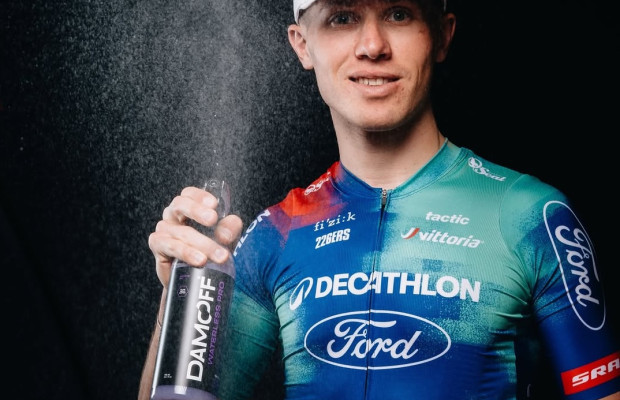
How to wash your bike at a gas station without ruining it
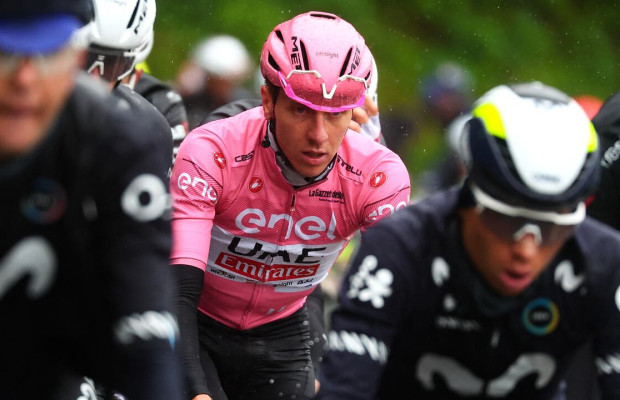
Tips for staying motivated to go out riding when cold, rain or night lurk
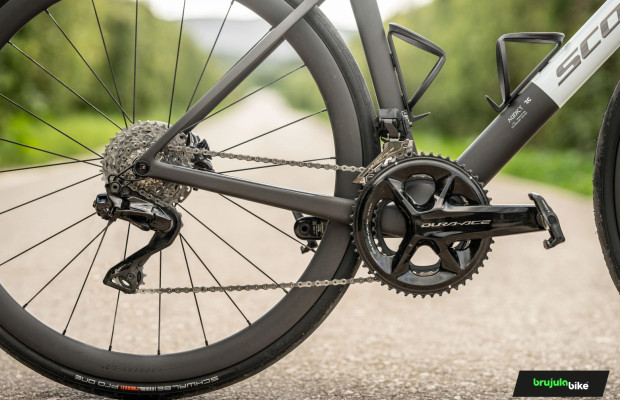
How to choose the right crankset and cassette: a guide to find the right ratio and extend the life of your bike
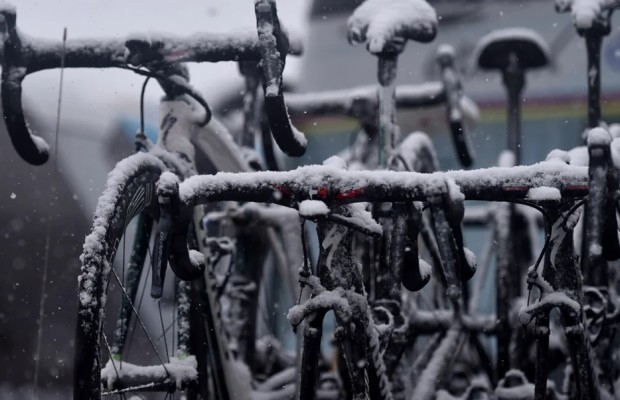
Can I go cycling with the flu or a cold?
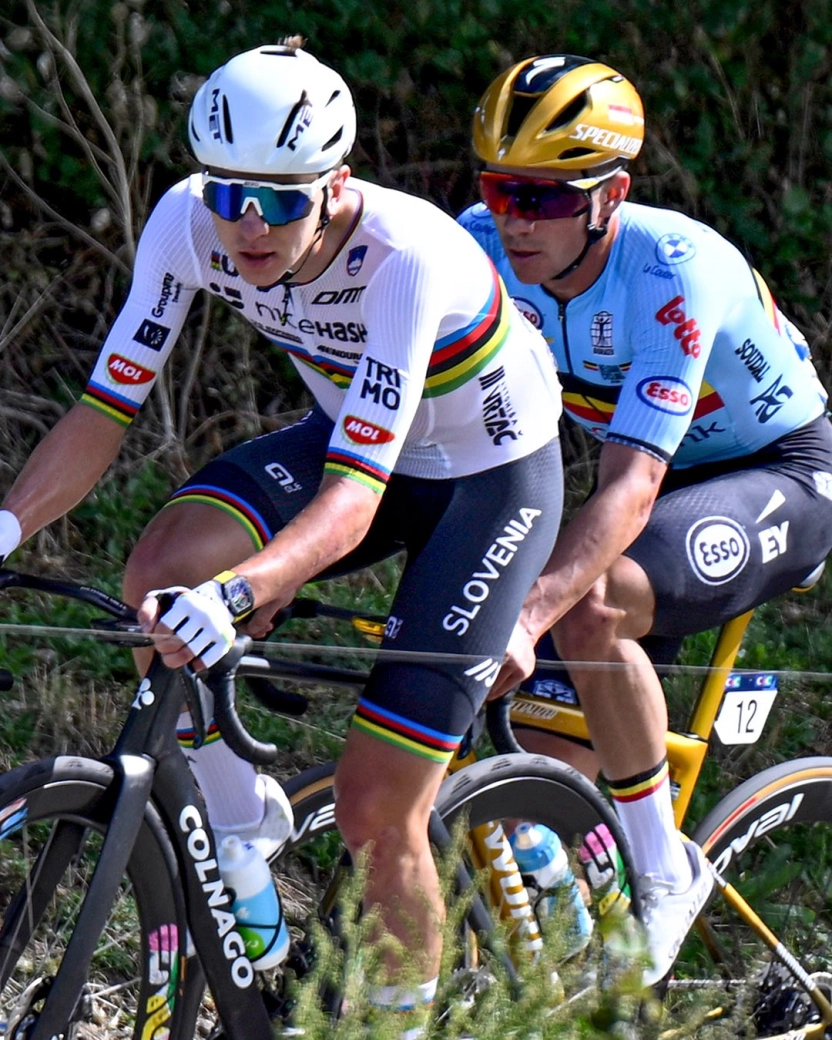
Despite what it seemed on television, this offensive was a maximum effort as shown by Pavel Sivakov's power data, which are real as the Frenchman is one of the few who makes them public, climbing that mountain at a tremendous pace, using meters per hour of gain or VAM as a reference, a data that allows inferring the level of effort in the climbs, of about inhuman 2,500 m/h.
Right after that, on the Val d'Efer wall, Remco Evenepoel tried to surprise, resulting in an impressive 9 W/kg rhythm in the less than three minutes of ascent, undoubtedly a tough effort for everyone except, apparently, Tadej Pogacar.
A lap later, Tadej Pogacar would not be surprised and practically from the beginning of the climb, he launched his attack, which Remco Evenepoel tried to respond to initially but ended up exploding a few minutes later. Once again, Pavel Sivakov's data shed a lot of light, starting the ascent at an impressive 7 W/kg to end up exploding and having to climb below 5.8 W/kg.
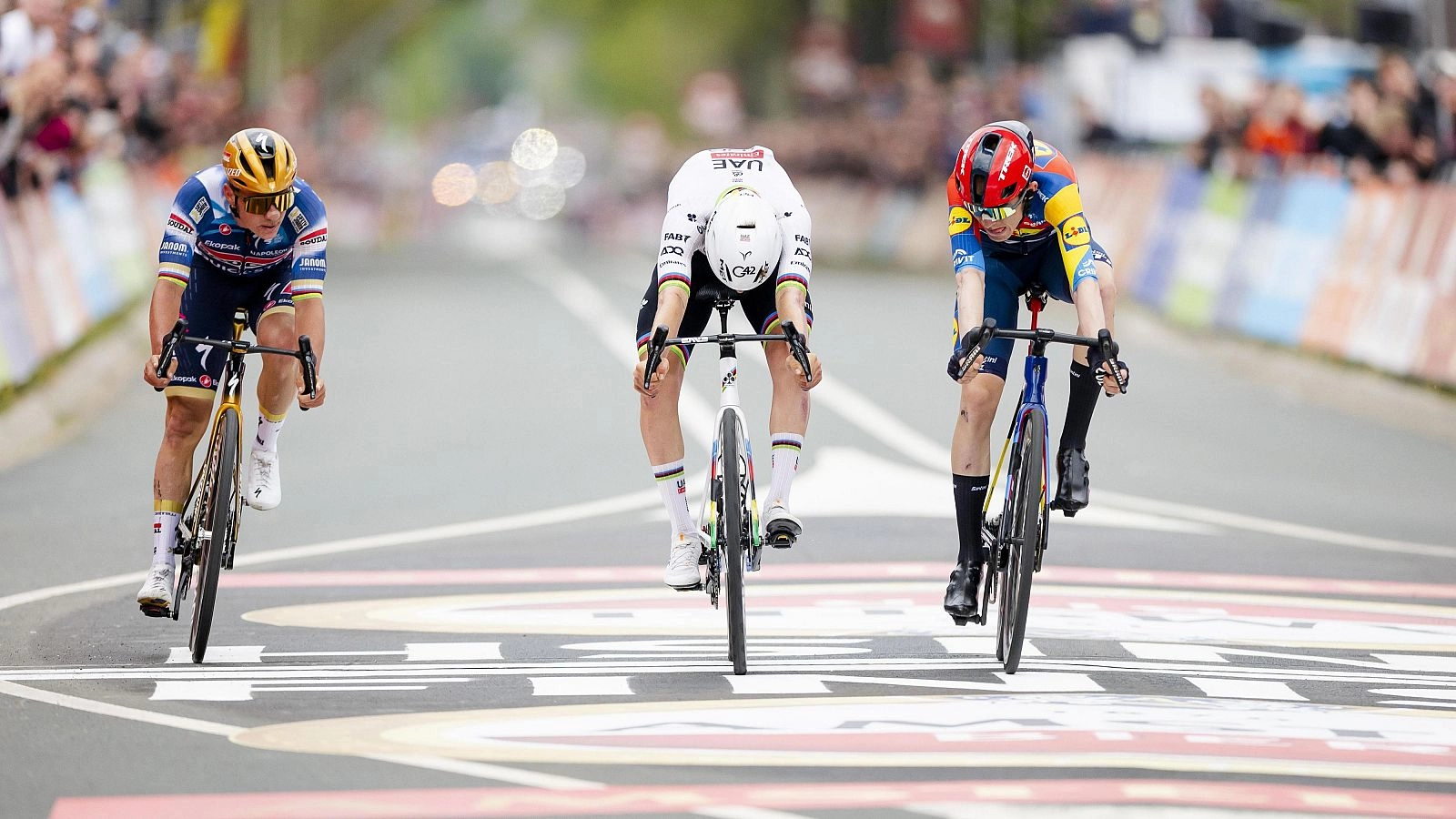
After opening this gap with Remco Evenepoel, who took a while to recover and was actually caught by Seixas, Ayuso, and Scaroni. A decisive time that allowed Tadej Pogacar to open a one-minute gap, which, combined with the initial lack of understanding in the pursuit, meant that they could no longer catch him. A good example is that Remco Evenepoel had to launch an attack and chase alone.
This strategy of a hard attack, creating a gap, and taking advantage of the lack of trust in catching, the disorganization, or that his pursuers start thinking more about securing second place than catching up is the key to why Tadej Pogacar's rides are so effective beyond his ability to maintain a high pace after making those devastating attacks that no one is currently able to follow.
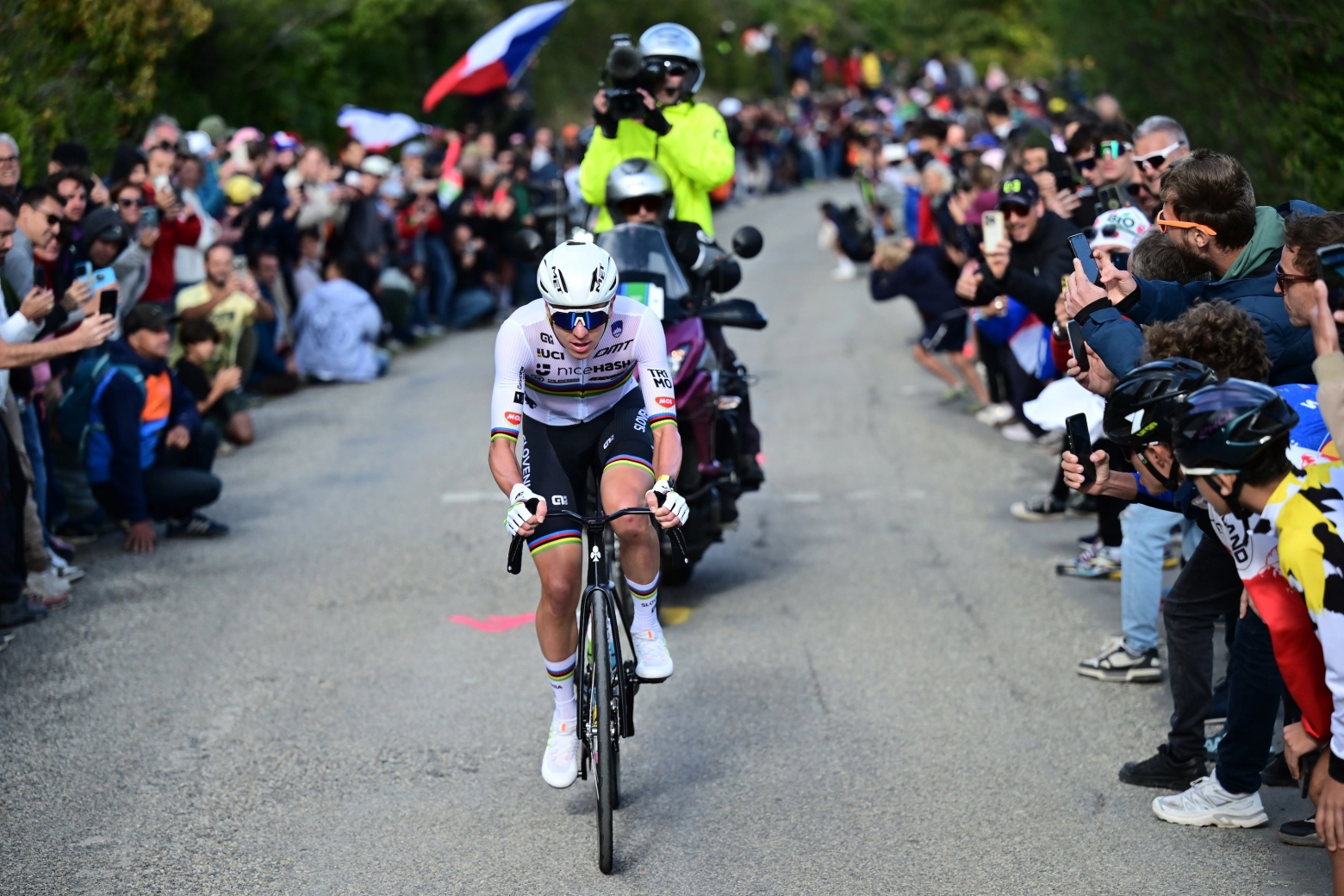
So what would be the tactic to beat Tadej Pogacar? Probably the one we saw in the Amstel Gold Race that ended with Matthias Skjelmose's surprising victory. First of all, do not try to follow the attack as the pace during those minutes has proven to be unsustainable for any cyclist.
Instead, the solution is to continue maintaining a high pace and organize the pursuit right after the attack, preventing the gap from widening. That's exactly what happened in the Amstel Gold Race with Skjelmose not hesitating to empty himself in the chase, joined by the enormous time trial capabilities of Remco Evenepoel. The result of their collaboration, and it must be said, a day that was not entirely super for Pogacar, is that it was the only time one of these Slovenian's exhibitions did not end successfully.